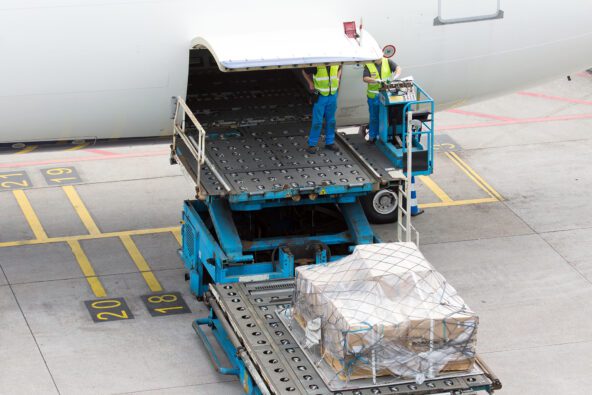PMC** pallets are undeniably a foundation stone of modern air cargo operations, 24/7 these essential tools load and restrain cargo on a freighter and passenger aircraft, delivering safety and efficiency.
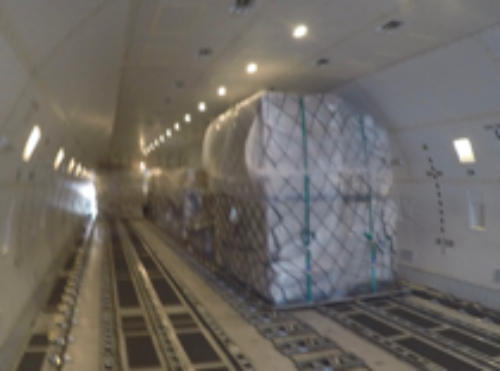
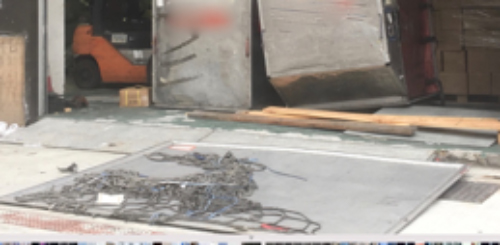
But once they are off the aircraft and no longer loaded with cargo, it’s a different story!
The primary function of a PMC is to secure its load in the aircraft during flight, and the design of the PMC is required to meet this end. Indeed the PMC pallet has to meet the same level of aviation standards as any other component on the aircraft. However, once the PMC moves off the aircraft into the warehouse environment it is seen as being no different from a wooden warehouse pallet, and unfortunately is treated no differently. And it’s with these circumstances that a perfect storm is now brewing and could have a significant impact on the entire air cargo industry in the coming months.
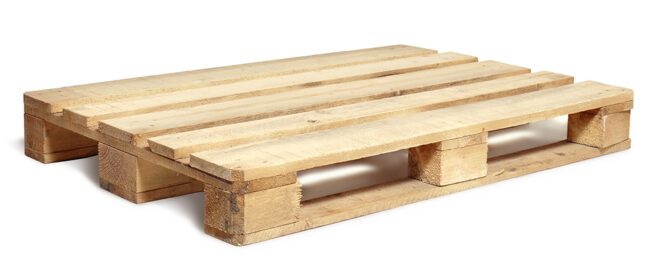
How come? Read on…
Warning signal # 1
Global Aluminium prices are roughly double those 2 years ago. So why is this an issue? Well roughly 80% of the cost of producing an air cargo pallet is the cost of the raw aluminium, after all a PMC, apart from the rivets, is 100% aluminium. If aluminium is so expensive why not shift to another material, you may well ask? While one should never say never this would be highly unlikely and extremely expensive to achieve if indeed it is even technically possible, it is certainly not a short- or medium-term fix.

Warning signal # 2
Global supply of the high-grade aluminium alloy sheet used in the manufacture of an air cargo pallet is under very considerable threat. How can this be so, surely there must be many sources of aluminium sheets? Not so, at least not of the high grade and extreme width (94 inches wide) 7000 series sheet it takes to make a PMC. There is in fact just a handful of rolling mills capable of producing this material located in the US, China, and Russia. And due to recent events, the Russian sheet is no longer available in the market, leaving a very high reliance on the two rolling mills in China to make up this deficit. How this will work out is anybody’s guess but for the air cargo industry to have all its eggs in one basket when it comes to PMC supply seems to be a fairly high-risk proposition.
And of course, for those PMC manufacturers located far away from Asia, there is the issue of long lead times and high freight costs for these essential raw materials.
So, in brief, the days of airlines being able to whistle up a fresh batch of a few hundred PMC at short notice to deal with higher cargo demands would appear to be past.
Now, of course, when airlines add additional aircraft capacity, or open new stations they need to add additional PMC inventory, and that’s up to them, but there is also a very large degree of mismanagement by the greater air cargo industry when it comes to efficient deployment of PMC, which is not the fault or responsibility of the airlines and in this regard ULD CARE wishes to focus on one very particular aspect which is the widespread prevalence of late return of ULD assets, particularly PMC, back to the airline owners from freight forwarders/agents.
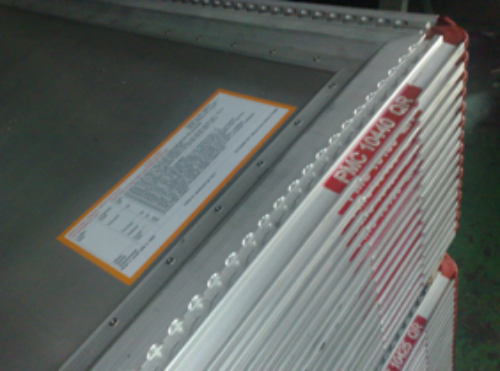
Sorry not available right now
And in this respect the air cargo industry is an outlier compared to other modes of freight, where for example in the ocean shipping industry there is a universal policy to charge for late return of shipping containers. Certainly, there may be variations in the number of free days and the daily rates but there is never a free pass, talk to anybody engaged in moving goods by sea and they will immediately tell you about having to pay these charges. We can only speculate why the airline industry has allowed the situation to develop over the years but it is clearly unsustainable, ULD CARE estimates that somewhere in the order of 20-25000 PMC (6-7% of the global fleet) are at any point in time overdue for return by at least five days.
Actually, most people would be unaware that ULD CARE already operates a ULD demurrage system, for the transfer of ULD between the carrier members of ULD CARE which comprise most of the worlds ULD owning airlines. This platform has run for many years and gives our airline members the security they need when their ULD assets move to another carrier in the course of interlining cargo. With the experience gained from operating such a system for many, many years ULD CARE believes itself to be uniquely qualified to expand its functionality to cover all participants in the air cargo chain who will from time to time utilize ULD.
ULD CARE has already produced a white paper, available at https://uldcare.com/uld-tools-and-solutions/uld-demurrage-charges-white-paper/ which provides a very comprehensive overview of the situation and we are now actively involved in assessing potential technology platforms as well as other components needed to set up and run such a platform.
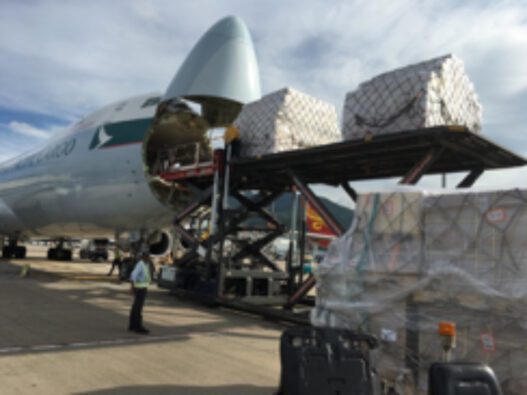
Returning to the perfect storm referenced at the beginning of this article, the time has long gone for taking availability of PMC pallets for granted, this is neither affordable nor practical. It does not take a great deal of imagination to figure that in the upcoming 2022 peak season non-availability of this essential tool of air cargo may very well become a headline issue. It goes without saying that nobody likes the idea of being charged for the late return of an asset, and no doubt such an initiative may be viewed as the airlines simply looking for a new source of revenue, but we would counter this by pointing out that without such penalty’s airlines end up suffering 100% of the inefficiencies. Clearly, this is not a long-term sustainable situation, and it is in the interest of every party in the air cargo industry to play their part in supporting the efficient utilization of the world’s ULD.
** This article has highlighted PMC pallets, as the largest component of the air cargo pallet fleet, but the issues apply, at least in part, to all sizes of air cargo pallets, from PKC thru 20 ft pallets.

